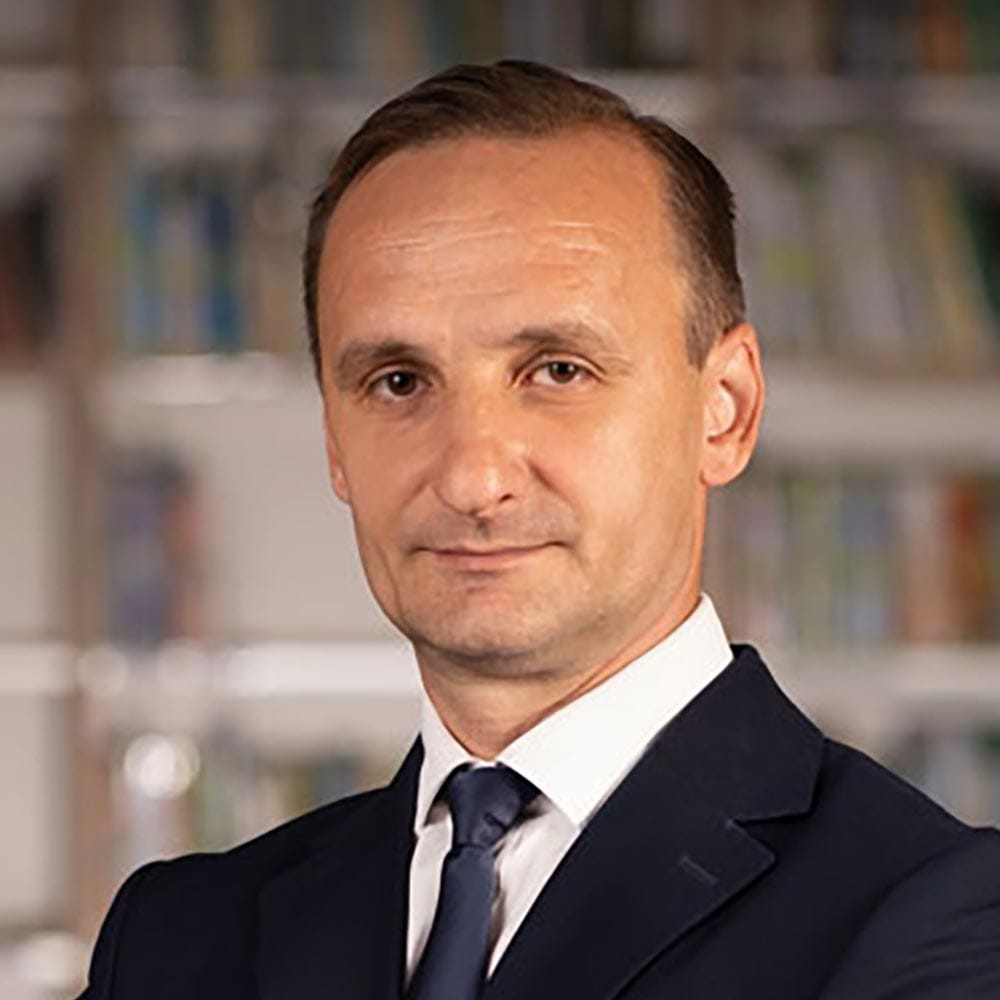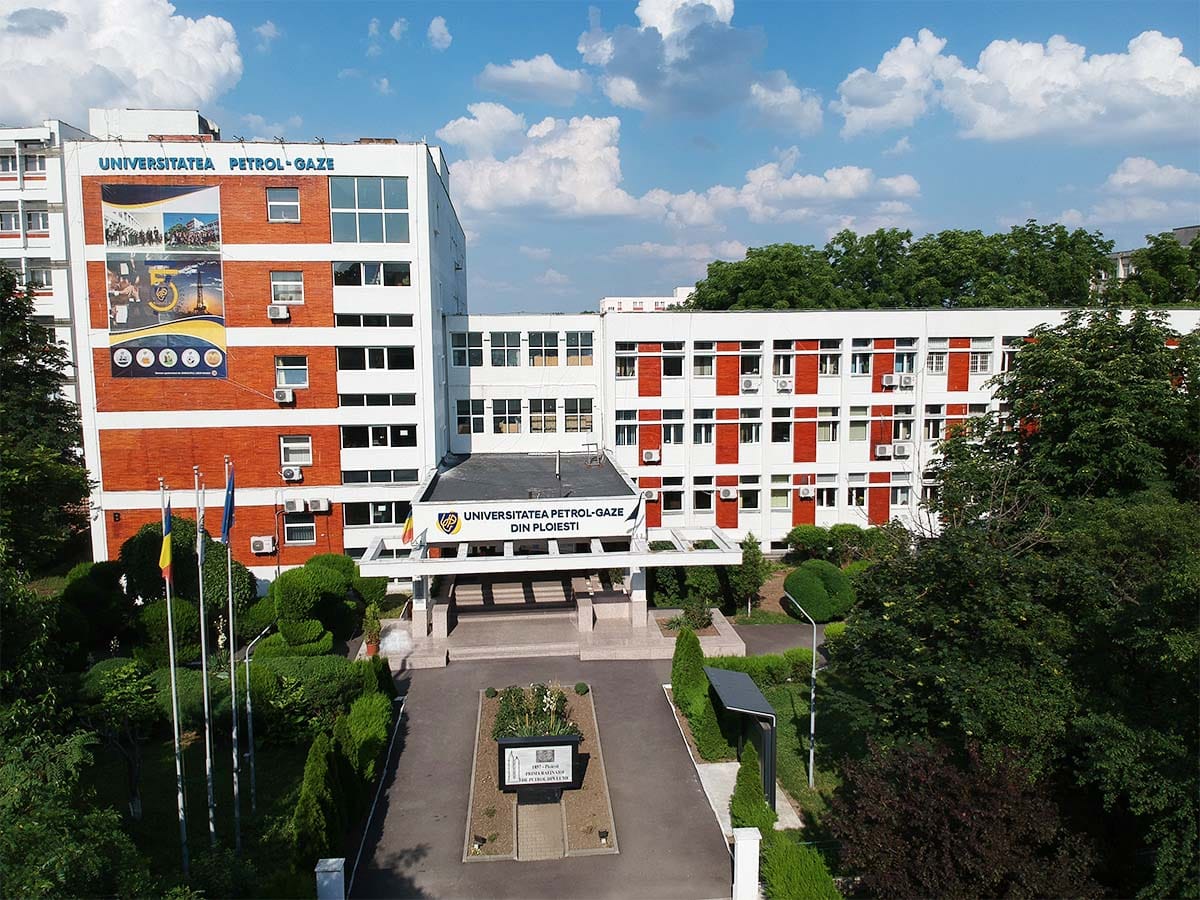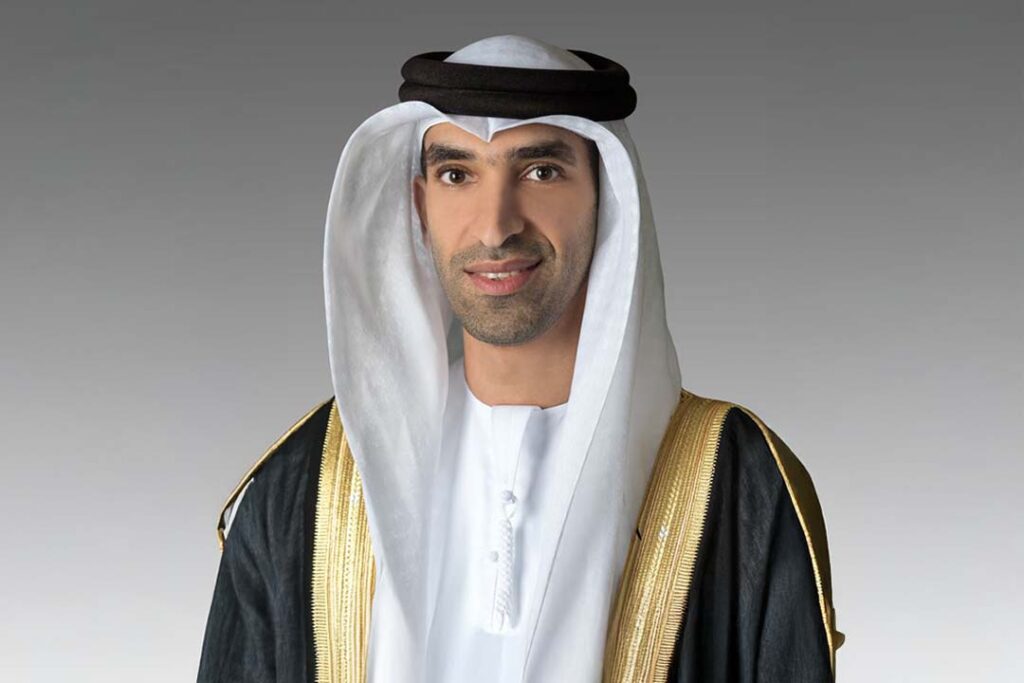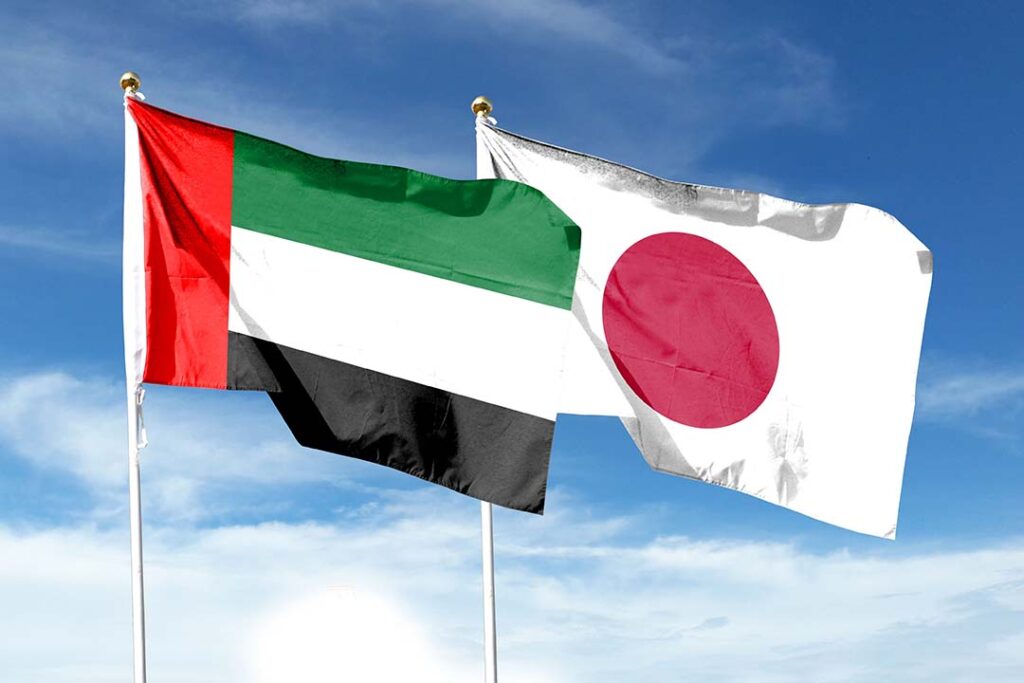The University of Petroleum and Gas of Ploiesti (UPG Ploiești) în Ploiești, Romania was established 76 years ago as the world’s first educational establishment dedicated to the oil and gas industries.
Today the University plays an important role in developing the next generation of energy leaders.
“While our work is founded on our long tradition of historical contributions to the global energy sector, here at UPG Ploiești, we are very much focused on developing future solutions,” says Alin Dinita, Rector of UPG Ploiești.
“We are nurturing talent and developing experts on the oil and gas industry. Green energy is a key economic driver and modern sustainability efforts are driving the industry today. We are proud of the role we play in preparing the next generation of engineers, researchers and scientists. Projects related to CO2 reduction are vital to the environment and we are focused on contributing to the global sustainability drive.”
While our work is founded on our long tradition of historical contributions to the global energy sector, here at UPG Ploiești, we are very much focused on developing future solutions.
Alin Dinita, Rector of UPG Ploiești
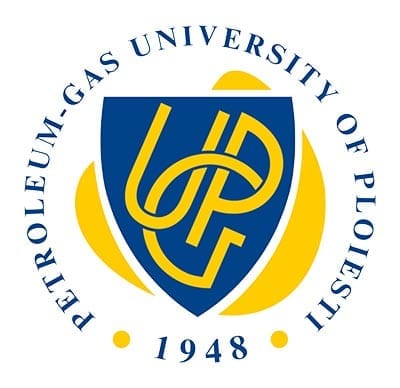
UPG Ploiești: Going global
“We are in the process of further internationalising the University and this has become one of our major objectives. We are actively engaging with industry leaders and connecting with Ambassadors from countries such as Iran, Iraq, Saudi Arabia, Kazakhstan and Uzbekistan to further develop our cross-border relationships.”
“Personally, I have a passion for this role and we want to accomplish great things with the University and make sure our contributions have a positive impact on Romanian society and regional and international economies.”
“We are growing from strength to strength and currently have 6,000 students and a faculty of 200. We have 500 students from abroad including students from countries such as Qatar, Iran, Iraq, Angola, and we are making connections with Malaysia and other countries this year. UPG Ploiesti also has very strong connections with the private sector.”
“We are a highly-regarded University and we look forward to continuing to build on our local and international reputation through our dedication and hard work.”
Fueling Romania’s oil industry
The industrial start of Romania’s oil industry is considered to be 1857. Distillation on an industrial scale started in 1857 with the building of the Mehedinteanu Brothers refinery.
Romania was the first country to officially record petroleum production, followed by the United States in 1859, Italy in 1860, Canada in 1862 and Russia in 1863.
In April 1857, Bucharest became the world’s first city to be illuminated with 1,000 kerosene street lamps.
We are proud of the role we play in preparing the next generation of engineers, researchers and scientists. Projects related to CO2 reduction are vital to the environment and we are focused on contributing to the global sustainability drive.
UPG Ploiești: History, tradition and technical-scientific knowhow
Romanian higher education in oil and gas began back in 1948 when the Institute of Oil and Gas Bucharest (IPG) was established by decree of the Great National Assembly of the Romanian People’s Republic, with the main objective of training engineers for all the main sectors of the oil and gas industry.
Its establishment was mainly based on the history, tradition and technical-scientific level of the achievements of the oil and gas industry in Romania, from its beginnings (1857) until now.
At the time of its foundation, the Institute of Oil and Gas Bucharest (IPG) was structured in two distinct faculties, each with a four-year study cycle: Faculty of Drilling-Production and Faculty of Oil Processing.
In the second academic year of its foundation, 1949-1950, the institute expanded its academic offer with a section dedicated to Economic Engineering. Subsequently, in the academic year 1950-1951, the IPG added two new academic entities: The Faculty of Geology and Oil and Gas Exploration and the Section of Mechanical Engineering.
In the academic year 1951-1952, the Sections of Economic Engineering and Mechanical Engineering were transformed into separate faculties. Thus, from this academic year onwards, the Institute of Oil and Gas in Bucharest included the following five faculties: Faculty of Geology and Oil and Gas Exploration; Faculty of Oil and Gas Exploitation; Faculty of Oil and Gas Technology; Faculty of Petroleum Machinery and Equipment; Faculty of Economics and Organisation of the Oil and Gas Industry.
In 1955, the Faculty of Geology and Oil and Gas Exploration was transferred to the Institute of Geology and Mining Technology in Bucharest.
In 1957, the Faculty of Technical Geology at the Institute of Geology and Mining Technology in Bucharest was transferred to the Institute of Oil and Gas in Bucharest, which changed its name to the Institute of Oil, Gas and Geology Bucharest (IPGG), following the dissolution of this institute and the merger with the Institute of Mining in Petroșani. In 1968, the Faculty of Economics and Organization of the Oil and Gas Industry ceased its activity.
In the sixth decade of the last century, the existence of a higher education institute dedicated to the oil industry was a deep aspiration of the Prahova community. This desire was based both on local tradition and the economic potential of the region.
We are in the process of further internationalising the University and this has become one of our major objectives.
The arguments in favour of this initiative were so convincing that in 1967, the Ploiești city was designated as a university centre with the establishment of the Petroleum Institute of Ploiești. This institution started its activity in the academic year 1967-1968, inaugurating its first class in the Faculty of Petroleum Machinery and Equipment, with a campus initially organised in a location intended for the functioning of an economic high school.
Starting in 1968, a three-year education program for sub-engineers was introduced in the specialisations of Technological Electromechanics in Ploiesti, respectively Drilling and Exploitation of Oil and Gas Reservoirs, and Technology and Chemistry of Oil and Gas in Bucharest. In 1970, în Ploiești, the specialisation of sub-engineers in Chemical and Petrochemical Engineering was added.
The Institute of Oil in Ploiesti functioned in parallel with the Institute of Oil, Gas and Geology (IPGG) in Bucharest until 1975, when most of the faculties were transferred from Bucharest to Ploiesti. The exception was the Faculty of Geology, which remained under the umbrella of the University of Bucharest.
Since that year, the IPGG in Bucharest ended its activity, and the Oil Institute of Ploiesti became the Institute of Oil and Gas of Ploiesti (IPG), organised in three distinct faculties: the Faculty of Petroleum Machinery and Equipment (reconfigured into Technological Equipment starting with the 1975-1976 academic year); the Faculty of Drilling and Exploitation of Oil and Gas Reservoirs; the Faculty of Oil and Gas Technology and Chemistry.
In 1972, the gradual process of implementing evening education for engineers and sub-engineers began. For engineers, this included the Faculty of Machinery and Petroleum Machinery (since 1972) and the Faculty of Oil and Gas Technology and Chemistry (since 1980).
For sub-engineers, Chemical and Petrochemical Machinery (since 1972) and Drilling and Extraction (since 1978) specialisations were introduced. Since 1975, evening courses have been organised for sub-engineers in Petroleum Processing and in the large petrochemical complexes of Brazi and Pitesti. Also, with the support of the Institute of Oil and Gas in Ploiesti, a section for sub-engineers in Petroleum Processing was set up at the Institute of Higher Education in Constanta.
Under this structure, with minor changes in the names of the faculties, departments and specialisations, the Institute of Oil and Gas in Ploiesti carried out its activities until 1992, when it became a university. From the academic year 1992-1993, the institution was renamed University of Ploiesti and operated under this name until 1994.
Subsequently, starting with the 1994-1995 academic year, the institution was renamed the Petroleum and Gas University of Ploiesti (UPG) in order to correctly emphasise its main field of higher education and to preserve its continuity and tradition.
After 1992, the university began to introduce and develop numerous specialisations, both short and long term, as well as postgraduate programmes (advanced studies, masters and doctorate), covering areas such as engineering sciences, including oil and gas, but also other fields such as basic sciences, economics, socio-humanities, pedagogy, philology and administration.
The Faculty of Letters and Sciences was also established in 1992, which also included Economics. In 1994, postgraduate courses of Advanced Studies were introduced, later replaced, starting with the academic year 2005/2006, by 1.5-year Master studies (2nd cycle of university studies).
In 1995, the University of Petroleum and Gas of Ploiesti introduced the INDE Master Programme, developed through a partnership between the UPG of Ploiesti, the National Institute of Economic Development of Bucharest (INDE), the Academy of Economic Sciences of Bucharest (ASE) and the National Conservatory of Arts and Crafts of Paris (CNAM).
This partnership was established on the basis of a French-Romanian governmental agreement of 1991. Since 2002, the collaboration has been extended with the University of Paris XII, offering graduates the MBA in Economic Enterprise Development.
In 1998, the Department for the Preparation of Teaching Staff (DPPD) was set up, where teachers in pre-university education follow courses for training and obtaining teaching degrees, and students from all specialisations can take pedagogical training if they wish to become teachers.
In the same year, the Câmpina University College was set up for short courses, but it was wound up in 2005-2006 when higher education was reorganised into degree cycles.
In 2001, the University introduced distance and part-time education. The Department for Distance and Part-time Frequency Education (DIDFR) was created to administer these specialisations. 2002 saw the establishment of the Faculty of Economics by separating the economics specialisations from the Faculty of Letters and Sciences.
We are a highly-regarded University and we look forward to continuing to build on our local and international reputation through our dedication and hard work.
In 2003, with the support of a PHARE project, the Centre for Management and Technology in Petroleum (CEMATEP) was set up to train, upgrade and retrain engineers and technicians in the oil and gas industry.
In 2004, the Centre for International Training and Accreditation in Extraction Drilling was established, which awards globally recognised certificates to engineers and technicians in the oil and gas industry, which are mandatory for operators working in oil and gas drilling and exploitation and must be reconfirmed every 2 years.
The Regional Centre for Performance Determination and Monitoring of the Technical Condition of Tubular Material Used in the Oil Industry was established in 2010 following a project 252/28.09.2010, concluded with the National Authority for Scientific Research, which aimed to create an experimental research centre that would allow the testing of oil tubular material, on real parts, to the action of simple or combined stresses in operation, the evaluation of its operating characteristics, monitoring, certification and the possibility of developing constructive and technological solutions.
In 2011, according to the provisions of the National Education Law no. 1/2011, departments were formed in the faculties of UPG Ploiesti, replacing the old departments. In 2014, the Petrol-Gas University of Ploiesti formed, together with other universities, the Academica Plus university consortium, and in 2018, UPG Ploiesti joined the Romanian Coalition for Engineering Education (CREDING).
The year 2019 started with the project Modernization, endowment and interior re-compartmentalization at UPG Ploiesti – Body I SMIS code 125260, funded by the Regional Operational Programme 2014-2020, Priority Axis 10: “Improvement of educational infrastructure”, Investment Priority 10.1.
The main objectives being the Modernization of Building I of the University of Oil and Gas Ploiesti (57 rooms / laboratories) and their endowment with state-of-the-art equipment.
In 2021 UPG Ploiesti started a project EEA 107379/2019 – Hybrid system for energetic efficiency using geothermal energy applied in UPG, which aimed to make heating and cooling costs in C and E buildings more efficient and to achieve substantial savings on utility bills (gas, electricity, water).
In line with sustainability initiatives, the University is focused on the production of ecological thermal energy (2.874 MWh/year) and the reduction of greenhouse gas emissions by 661 to CO2/year.

